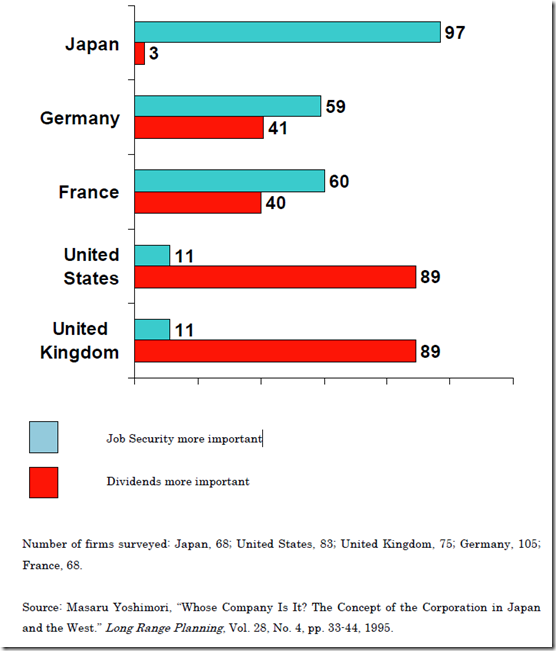What is with this? I quote:
The Greek-Orthodox Synod has condemned the Mass in modern language officiated in the diocese of Nicopolis, claiming that it puts "the Church's unity" at risk. Bishop Meletio of Nicopolis, in the northern region of Epirus, authorised, a long time ago, the translation of the Mass from liturgical Greek (close to the ancient Greek language and once spoken by the upper classes) into modern or "popular" Greek. He justified his decision saying, "otherwise the faithful don't understand the holy liturgy". But the Synod, the press reports, has ruled that translating the holy texts is forbidden; it is only allowed "as an exception and after the authorisation" of the Church. In the absence of a joint version, according to the orthodox leaders, a spontaneous and causal translation of the liturgy "could jeopardise the Church's unity". The Synod has taken its decision despite the fact that Meletio seems to enjoy the support of his believers and has obtained the official support of other bishops.
Looking down the ages, you find that you end up with this situation all the time. The priests always get upset when their role in being the sole channel to God is usurped by people who convert arcane religious mumblings into things that ordinary people understand. Some examples:
1. Tulsidas rendered the Ramayana into colloquial Avadhi rather than Sanskrit. This made this story very popular, but the Brahmins were quite upset about this. By the way, take a look at this online book, a pretty nice overview of the various (300 odd) versions of the Ramayana.
2. There are constant battles over the translation of the Quran. Here’s another link on how a translation into Dari got some of the fundo’s all excited.
3. The Bible translations were also contentious. Here’s an example. When the translations started to happen in the middle ages, like the Greek Synod of now, the then Pope, Innocent III, and Pope Gregory IX got upset and forbade them in the 12th and 13th Century respectively.
This just shows the fragility of these religious minds who think that the power of the word of God is somehow diminished because a different language is used. Tiny narrow minds!
Incidentally, I came across this great online book on Introducing Translation Studies. It offers a good academic coverage of this fascinating field. As for the Greeks, bah!


